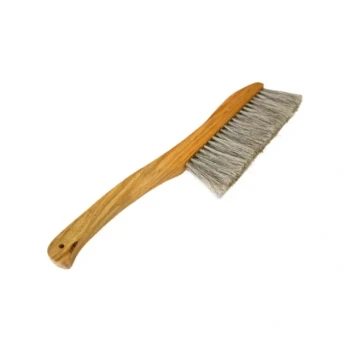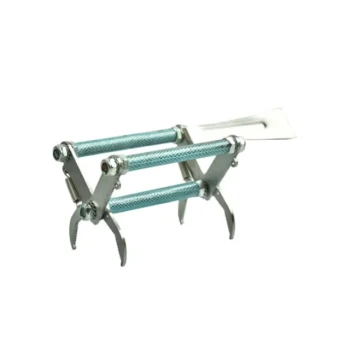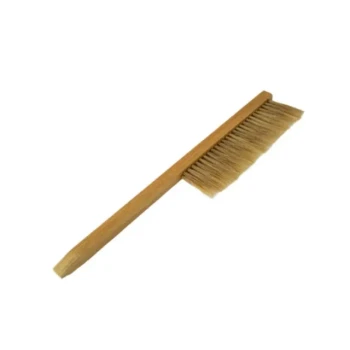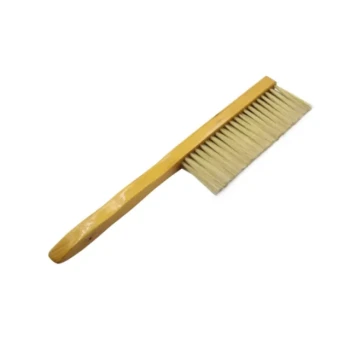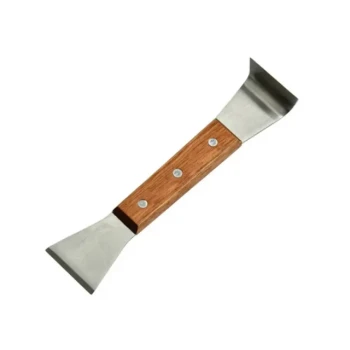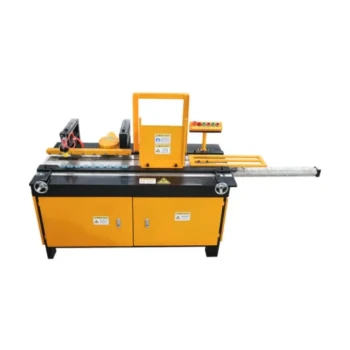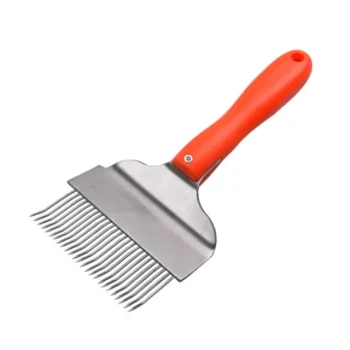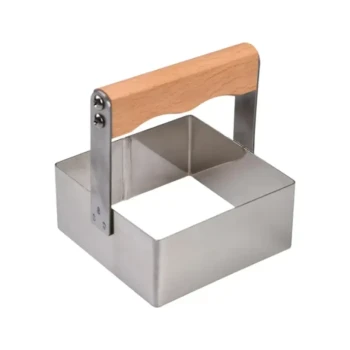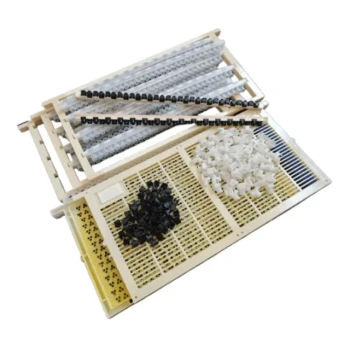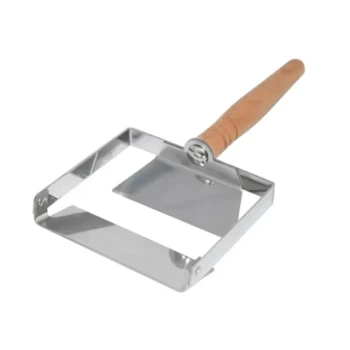Beyond the hive itself, one of the most critical keys to successful beekeeping is your own mindset. Feeling safe, protected, and confident while working with your bees is paramount, as fear can directly lead to neglect, poor hive management, and ultimately, the failure of the colony or your decision to quit the craft.
Your success as a beekeeper is not just determined by your knowledge of bees, but by your ability to remain calm and methodical during hive inspections. This confidence is built upon a foundation of understanding bee behavior and using the right protective equipment.
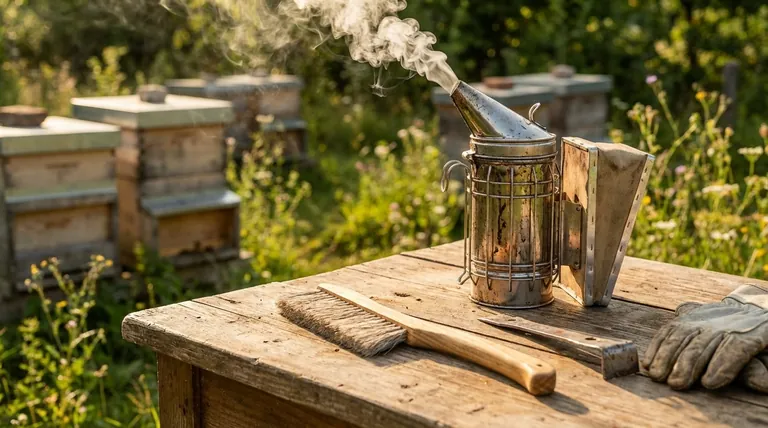
The Psychology of Beekeeping: Overcoming the Fear Factor
Before you can effectively manage a hive, you must first manage your own instincts. A calm beekeeper directly contributes to a calmer hive.
Why Fear is a Primary Obstacle
Fear is a natural response, but in beekeeping, it is counterproductive. A hesitant or nervous beekeeper is more likely to make sudden, jerky movements, which the bees interpret as a threat.
This can trigger a defensive response, leading to stings and reinforcing the beekeeper's fear. This cycle often results in avoiding necessary hive inspections, missing signs of disease, or failing to address a lack of food stores.
The Link Between Confidence and Calm Bees
Honey bees are highly sensitive to their environment. A confident beekeeper moves with smooth, deliberate motions.
This calm energy translates to the bees, who are less likely to feel agitated. When you are not worried about being stung, you can focus entirely on the tasks at hand: checking the queen's laying pattern, looking for pests, and assessing the hive's overall health.
Building Confidence Through Essential Equipment
Confidence is not born from bravery alone; it is built through preparation and having the right tools for the job. These tools are your first line of defense and your primary means of interacting safely with the colony.
Essential Protective Gear
Your bee suit or jacket is your personal armor. It creates a physical barrier that is your primary defense against stings. Knowing you are well-protected is the first step to overcoming any initial fear.
The Smoker: Your Key to Calm Interactions
The smoker is arguably the most important tool in beekeeping. A few gentle puffs of cool, white smoke at the hive entrance and under the lid masks the bees' alarm pheromone.
This pheromone is how guard bees signal a threat to the rest of the colony. By interrupting this communication, the smoke keeps the colony in a calmer, more manageable state during an inspection.
The Hive Tool: An Extension of Your Hand
Bees use a sticky substance called propolis to seal every crack in their hive. The hive tool is a specialized crowbar designed to pry apart hive boxes and frames that are glued together with this propolis.
Using it correctly allows you to work efficiently and minimize disruption, reducing stress on both you and the bees.
Understanding the Trade-offs in Gear
There is no single "best" setup; the right choice depends on balancing maximum protection with comfort and dexterity.
Full Suit vs. Veil and Jacket
A full bee suit offers complete head-to-toe protection, providing the highest level of security and peace of mind for a beginner. The primary downside is that they can be hot and cumbersome.
A jacket and veil combination offers excellent protection for the upper body, face, and head, where most stings occur. This option provides more mobility and is cooler in hot weather, but leaves your legs exposed, requiring you to wear thick pants.
Leather Gloves vs. Nitrile Gloves
Thick leather beekeeping gloves provide maximum protection from stings. However, their bulkiness can make it difficult to handle frames delicately or to pick up a queen.
Disposable nitrile gloves offer far greater dexterity and allow you to feel the equipment better. While they are not sting-proof, they prevent you from getting sticky with honey and propolis, and many experienced beekeepers prefer them, relying on a calm demeanor and smoker to prevent stings.
Making the Right Choice for Your Goal
Your initial equipment choices should align with your personal comfort level to set yourself up for success from day one.
- If your primary focus is maximum safety and confidence: Start with a full, ventilated bee suit and traditional leather gloves to eliminate any fear of being stung.
- If your primary focus is dexterity and working in a hot climate: Consider a jacket/veil combination and thick nitrile gloves, but commit to learning how to use your smoker effectively and move with slow, deliberate purpose.
Ultimately, your ability to feel safe and work confidently is the foundation upon which all other beekeeping skills are built.
Summary Table:
| Key to Success | Why It Matters | Essential Equipment |
|---|---|---|
| Confident Mindset | Reduces fear, prevents hive neglect, and promotes calm, methodical inspections. | N/A |
| Effective Protection | Creates a physical and psychological safety barrier, allowing you to focus on the hive. | Bee Suit/Jacket, Veil |
| Calm Hive Management | Smoker masks alarm pheromones; proper tools minimize disruption and stress. | Smoker, Hive Tool |
| Informed Gear Choice | Balances protection with comfort and dexterity based on your experience and climate. | Gloves (Leather/Nitrile) |
Build your beekeeping confidence with professional-grade equipment from HONESTBEE.
Whether you manage a commercial apiary or are a distributor supplying beekeepers, the right gear is the foundation of success. We provide the durable, reliable protective equipment and tools that empower you to work calmly and efficiently, leading to healthier hives and better yields.
Ready to equip your operation for success? Contact HONESTBEE today to discuss our wholesale-focused solutions for commercial beekeepers and distributors.
Visual Guide
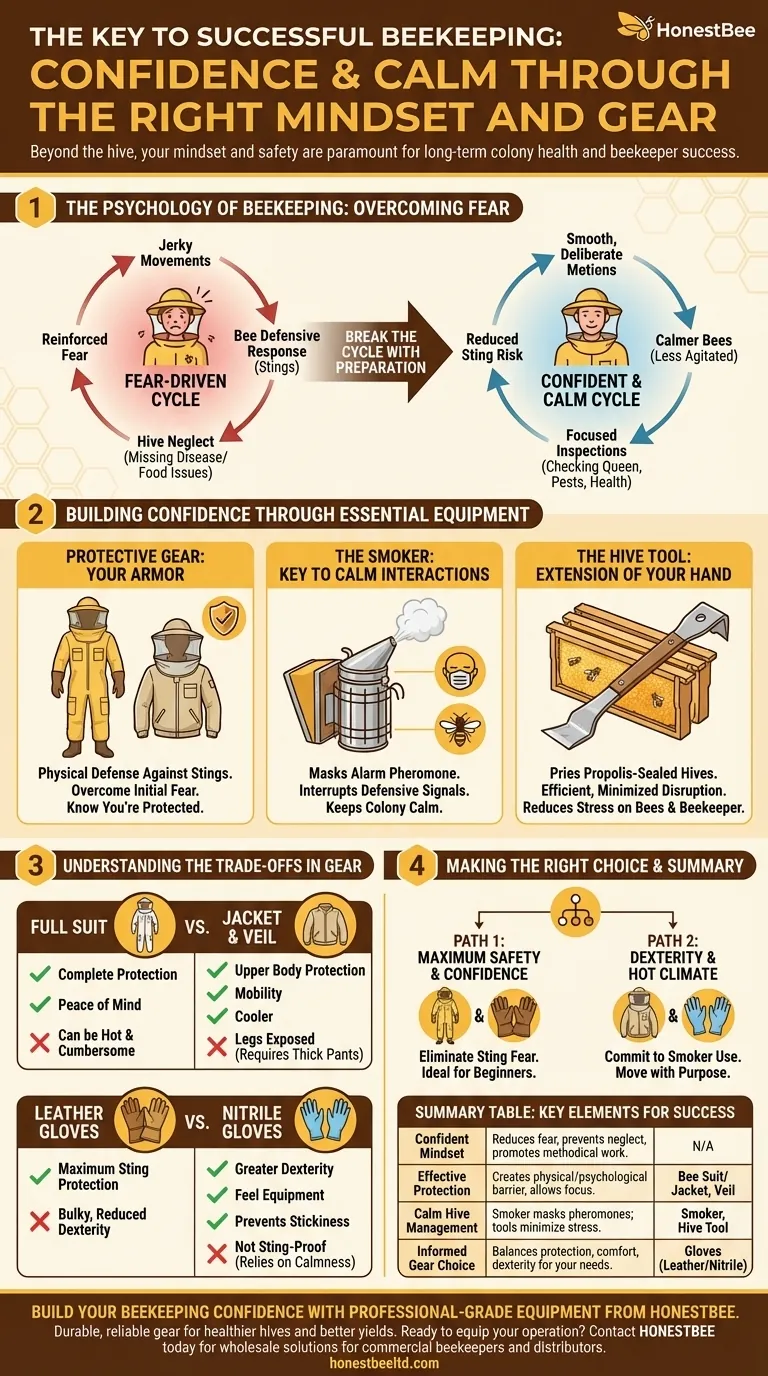
Related Products
- Premium Triple-Row Horsehair Bee Brush
- Yellow Plastic Bucket Pail Perch for Beekeeping
- Professional 3-Bar Frame Grip with Integrated Hive Tool
- Long Langstroth Style Horizontal Top Bar Hive for Wholesale
- Classic Wooden Bee Brush with Double-Row Boar Bristles
People Also Ask
- What is the function of industrial-grade weighing equipment in winter bee colonies? Optimize Your Overwintering Success
- How cold is too cold for a beehive? The 14°F / 7-Day Rule and Winter Survival Guide
- What is the economic advantage of diversifying an apiary? Maximize ROI with Propolis, Pollen, and More
- What is the significance of standardized survey tools in bee monitoring? Driving Global Data Comparability
- What is the industrial application value of Environmental Monitoring Equipment? Achieve Precision Pollination Timing
- What role does specialized supplementary feed play in royal jelly production? Maintain 10-HDA Quality & High Yields
- What is the purpose of using high-precision digital tablets for honeybee morphometrics? Ensure Data Integrity
- What is the technical value of using bee houses? Protect Your Equipment and Optimize Beekeeping Management
